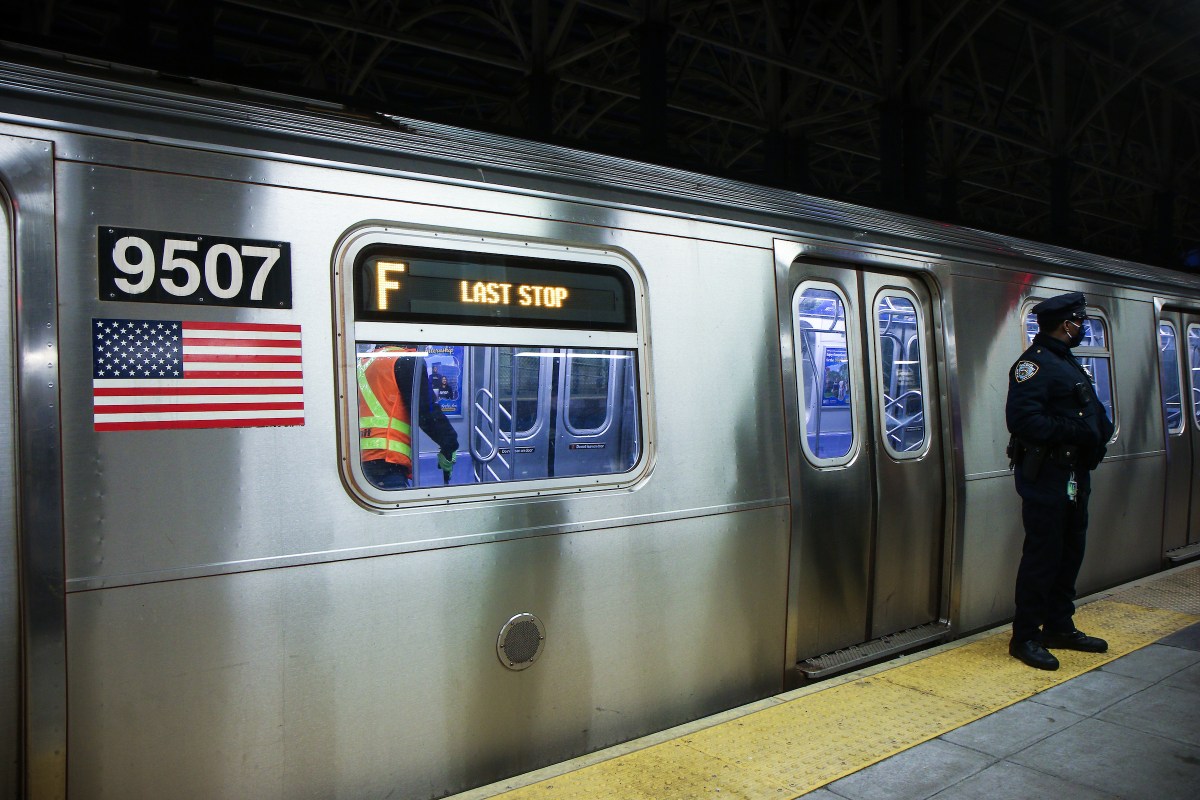COLUMBIA, S.C. (AP) — The South Carolina Senate on Thursday approved a ban on gender-affirming care for transgender minors after supporters defeated efforts to only ban treatments that would be considered irreversible.
The 27-8 vote in favor included all Republicans present and one Democrat voting for the ban. That came after the remaining Democrats tried to walk out so there wouldn’t be enough senators to stay in session, but the vote was called too fast.
The bill bars health professionals from performing gender-transition surgeries, prescribing puberty blockers and overseeing hormone treatments for patients under 18.
School principals or vice principals would have to notify parents or guardians if a child wanted to use a name other than their legal one, or a nickname or pronouns that did not match their sex assigned at birth.
The House passed the bill in January, but the Senate made changes so either the House can vote to adopt the Senate version or it will go to a conference committee of three members from each chamber to resolve the differences.
“There are some things in the nature of creation — male and female is one of them — that gets beyond what you believe and I believe,” Republican Sen. Richard Cash said on the Senate floor before debate began Thursday. “It’s rooted in creation; it’s rooted in the creator and those who opposed that are opposing in some sense the nature of creation itself.”
The bill also would prevent people from using Medicaid to cover the costs of gender-affirming care.
There were a few amendments passed. One allows mental health counselors to talk about banned treatments — and even suggest a place they are legal. A second lets doctors prescribe puberty blockers for some conditions for which they are prescribed like when a child begins what is called precocious puberty when they are as young as 4.
Opponents failed to get an amendment that would only ban treatments considered irreversible after supporters of the bill balked at who would get to decide what treatments fit under that provision.
The changes made a bad bill only a little less worse, Democratic Senate Minority Leader Brad Hutto said.
“Children are born who they want to be. Parents deal with the children that come to them. Doctors have been trained to deal with children who are having issues like this. Government really has no role in this,” Hutto said. “Let the children be who they are.”
Doctors and parents testified before committees in both the House and Senate that people younger than 18 do not receive gender-transition surgeries in South Carolina and hormone treatments begin only after extensive consultation with health professionals.
They said the treatments can be lifesaving, allowing young transgender people to live more fulfilling lives. Research has shown that transgender youth and adults are prone to stress, depression and suicidal behavior when forced to live as the sex they were assigned at birth.
Supporters of the bill have cited their own unpublished evidence that puberty blockers increase self-harm and can be irreversible.
The invocation of religion by supporters annoyed Democratic Sen. Tameika Isaac Devine. She said senators weren’t showing a Christian-like caring for all in the bill.
“I’m not going to sit back and judge families going through scenarios I don’t know about,” Devine said. “I am gong to be compassionate. I am going to be empathetic and I’m going to try to understand. That’s what my God tells me.”
If the bill gets to the governor’s desk and is signed, South Carolina would become the 25th state to restrict or ban such care for minors.
Republican Senate Majority Leader Shane Massey said when the session started in January his chamber likely wouldn’t take up many social issues this year. But on Thursday he said the bill was always on the radar.
Republican Sen. Danny Verdin said polls show voters in South Carolina back the ban. With all senators up for reelection this year, that idea could get tested at the ballot box.
“If you put it alongside taxes, if you put it alongside infrastructure, if you put it alongside paying our school teachers or paying our law enforcement officers, this is up there. It’s above them all,” Verdin said.




















